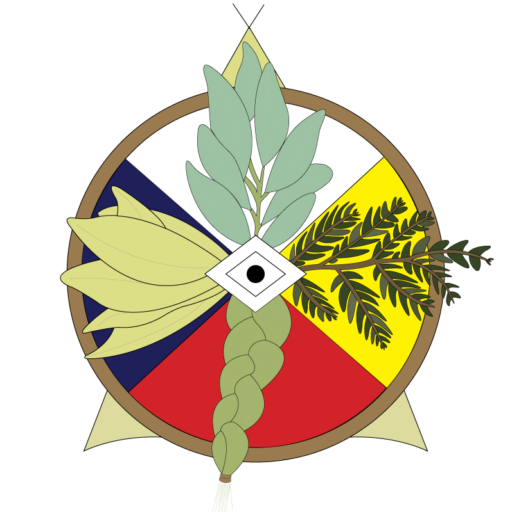All services will be available to First Nations, Inuit and Métis, without distinction of status, non-status or residence.
Primary Health Care
The Primary Care team will serve the Nipissing – Temiskaming Sub-Region of the NE LHIN. The team will be able to serve up to 5,500 individuals from birth to senior. If you currently do not have a primary care provider, or are currently assigned to a primary care provider but seeking to transition to culturally competent and safe care or seeking traditional health supports, the team will be available to you.
Early Childhood Development and Learning Services
The Childcare and EarlyON Centre will be available to individuals who live or work in the Nipissing District.
The intent is to improve service coordination and collaboration across municipal, Indigenous, provincial, and/or federally funded health and early child development or learning services for the Indigenous population. The new services are meant to complement not duplicate existing services and to fill existing gaps in the service continuum for the Indigenous population.
Traditional healing practices and processes will be encouraged and fostered within all health programs and services offered through the North Bay Indigenous Hub. The diversity of traditional practices will be respected and the Traditional Services Coordinator will support the traditional healers to carry out their services in accordance with local Indigenous cultural practices.
All services will be documented in the appropriate medical records as per Primary Care policies and procedures. The Coordinator will also develop Policies and Protocols (e.g., for the preparation, storage, and handling of traditional medicines, the role of the Traditional Healer and Traditional Helper, and a Code of Conduct for Traditional Healers) to guide service provision, and serve as a resource for the community, board, staff and volunteers. Client satisfaction with traditional services are regularly evaluated as part of the quality monitoring processes put in place by the Primary Care team.
Head Office Address: 3-B Maang Rd, Nipissing First Nation Satellite Office: 1040 Brookes St, North Bay
Phone: 705-995-0060
Email Us: info@gmghub.ca
Find Us on Facebook
Primary Care: 8:30am - 4:30pm
Child Care: 7:00am - 6:00pm
EarlyON Hours As Follows:
Monday: 9:00am - 4:00pm
Tuesday: 9:00am - 4:00pm
Wednesday: 9:00am - 4:00pm
Thursday: 9:00am - 6:00pm
Friday: 9:00am - 12:00pm
Copyright © 2019 North Bay Indigenous Hub. All Rights Reserved.
Join the NBIH Board of Directors
The North Bay Indigenous Hub – Giiwedno Mshkikiiwgamig is seeking a community-minded individual to join our Board of Directors.
We welcome applications from First Nation, Inuit, or Métis individuals who are passionate about Indigenous health, wellness, and governance.
🕒 Deadline: July 4, 2025 at 4:30 PM
📩 Request an application package:
nbihbod@gmghub.ca | 705-995-0060 x214
🔗 Click here to view the full posting on our About page.
Help shape the future of Indigenous health and family services in our region.
